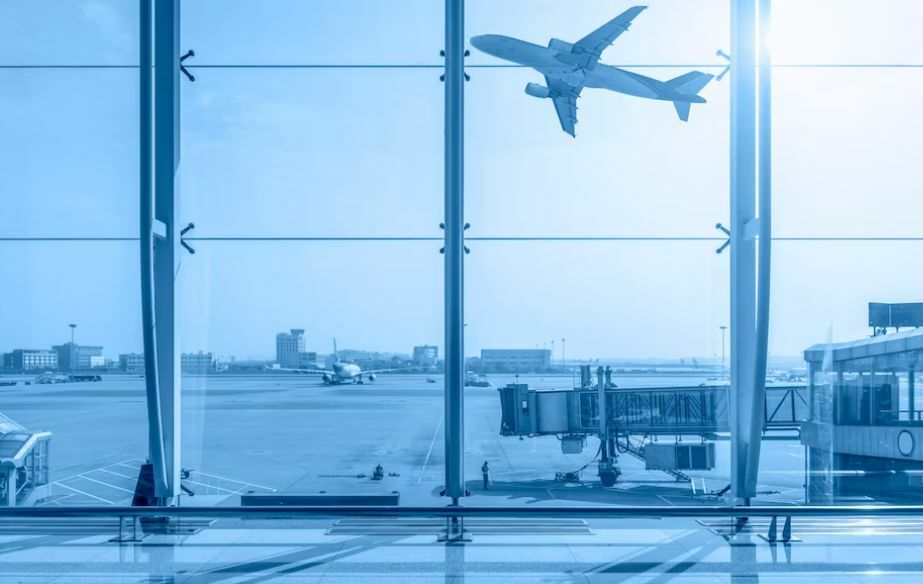Flight cancellations: Chinese airlines slash 40% of slots amid Thai tourism slowdown

The Civil Aviation Authority of Thailand (CAAT) witnessed a substantial number of flight slot cancellations by Chinese airlines, accounting for over 40% of total cancellations across Thailand’s airports. The CAAT director, Suttipong Kongpool, highlighted that such cancellations are not unusual and are often a result of fluctuating travel demand.
Airline companies frequently resort to such measures in order to maintain profitability, he explained. Until now, all flight slot cancellation requests have been made in accordance with the regulations of the International Air Transport Association (IATA).
Airlines wishing to return their assigned slot must notify the relevant authorities at least seven days prior to the intended date. Failure to operate services whilst retaining a flight slot may lead to fines or even a ban from flying to the destination airport.
The primary reason behind the return of take-off and landing rights at Thai airports by these airlines is the slow recovery of demand from Thailand’s key tourism markets, including China. The latter, despite being one of Thailand’s largest sources of foreign tourists, is currently experiencing an economic slowdown.
There are 21,923 flight slots available between December and January 2024, with 13,278 already taken by airlines, as per CAAT data. The unclaimed slots will be available to airlines from other regions, including Western Europe and Scandinavia, that have shown interest in gaining landing rights in Thailand, reported Bangkok Post.
However, it is unlikely that these markets will compensate for the loss of foreign tourists from China. To address this, the government is examining other markets, such as India, Kazakhstan, Russia, and Taiwan. This year, Chinese tourists made up just 12.9% of international arrivals. Expectations suggest this figure will rise from 15% to 16% next year, according to Airports of Thailand.
Analysts are sceptical about the Tourism Authority of Thailand’s (TAT) goal of drawing in 8.2 million Chinese visitors next year. This scepticism arises as forecasts for total foreign arrivals in the coming year have been revised downward, citing worries about a sluggish global economy. Read more HERE.
Latest Thailand News
Follow The Thaiger on Google News:


























